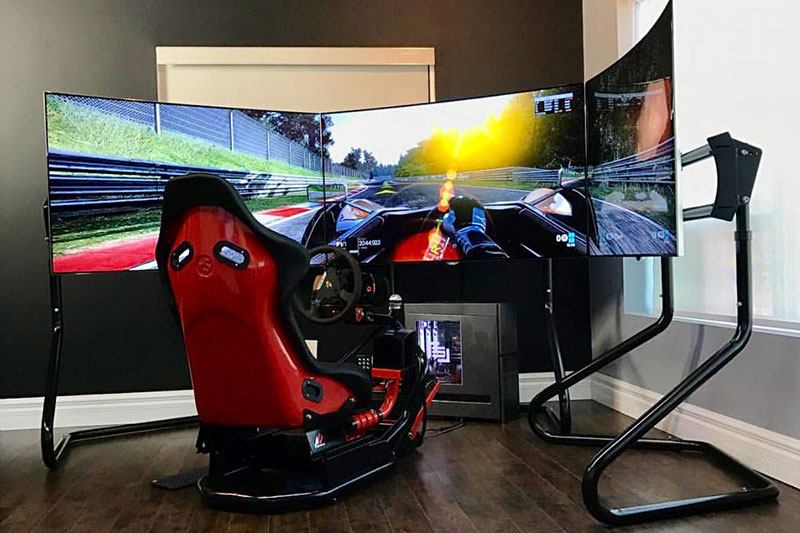In recent years, the integration of simulation-themed games into various facets of technology has become increasingly prevalent. These games, characterized by their ability to replicate real-world scenarios and systems, serve a multifaceted role across education, training, and entertainment spheres. The emergence of sophisticated gaming technology has facilitated immersive experiences that not only entertain but also educate and train individuals in diverse fields.

Education and Training
One of the most notable roles of simulation-based gaming technology is in education and training. These games provide a dynamic platform for learners to engage with complex concepts in a controlled yet interactive environment. For instance, in fields like aviation and healthcare, simulators offer aspiring professionals realistic scenarios to hone their skills without real-world consequences. Pilots can practice emergency procedures in flight simulators, while medical students can perform virtual surgeries to refine their techniques.
Furthermore, simulation games extend beyond traditional educational settings. They are increasingly used in corporate training programs to simulate real-life business scenarios. Employees can develop decision-making skills, crisis management strategies, and teamwork dynamics in a risk-free virtual environment. This hands-on approach not only enhances learning retention but also fosters adaptability and problem-solving abilities crucial for professional growth.
Research and Development
Simulation-based gaming technology also plays a pivotal role in research and development across various industries. By modeling complex systems and processes, researchers can conduct experiments, test hypotheses, and explore potential outcomes in a virtual space. For example, urban planners use simulation games to analyze traffic patterns, urban sprawl, and environmental impact before implementing large-scale infrastructure projects.
In the field of medicine, researchers leverage simulation technology to study diseases, pharmacology, and treatment efficacy. Virtual patient simulations allow medical professionals to practice diagnosing symptoms, prescribing medications, and administering treatments in a controlled setting. These simulations contribute to the refinement of medical protocols and the development of innovative healthcare solutions.
Entertainment and Recreation
Beyond educational and professional domains, simulation-themed games serve as a source of entertainment and recreation for millions of players worldwide. From city-building simulations to life-simulation games, players immerse themselves in virtual worlds where they can construct, explore, and interact with simulated environments. These games offer a form of escapism, allowing individuals to experience scenarios and roles beyond their everyday lives.
Moreover, simulation games provide a platform for creative expression and community engagement. Players can design custom simulations, share user-generated content, and collaborate with others to build virtual communities. The modding community, in particular, thrives on the customization and enhancement of existing simulation games, fostering innovation and collaboration among enthusiasts.
Conclusion
In conclusion, the role of simulation-based gaming technology extends far beyond mere entertainment. From education and training to research and development, these games empower individuals to explore, learn, and innovate in virtual environments. As technology continues to advance, the potential applications of simulation-themed games will only continue to expand, shaping the way we learn, work, and play in the digital age.























+ There are no comments
Add yours